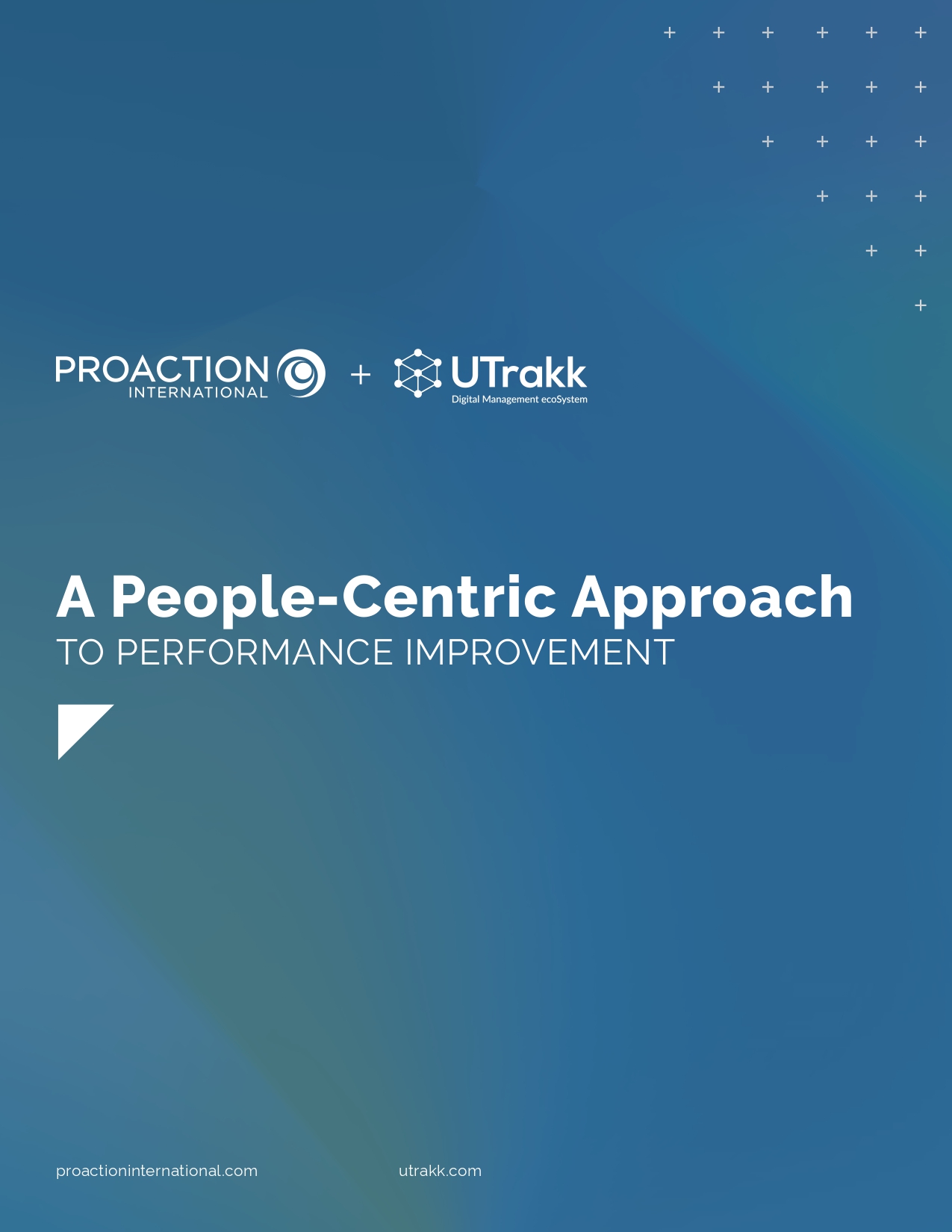Freedom, control and performance: the paradoxes
This sense of freedom, which gives wings to many, can also overwhelm others. One of the great organizational paradoxes (Pauchant & Mitroff, 2001) remains that of control vs. freedom; in other words, the importance attached to these two concepts in the “design” of our organizations.
These questions may lead you to think differently about the elements that shape your team’s performance: is your team performing better with a high level of controlling in management or when they provide greater freedom of choice and action? Is there a ratio, a scale, an optimal balance?
These questions, which seem unanswerable or at least have as many answers as there are people, demonstrate the relevance of understanding who we are as humans. Choosing to give more or less freedom/control to our teams is a strategic choice for organizations. The choice, when made consciously, allows us to understand the expected and desired behaviors.
Furthermore, this paradox of freedom and control suggests that we can choose the stance that we will take on a daily basis. Great leaders often question themselves. Take a step back. Who are we? What are the needs of the people around us? And who do we want to become? How controlling does management really need to be? These are the reflections and introspections that lead to greater performance.
Finally, freedom is the ability to choose who we are. Choosing our level of freedom, strategically choosing whether or not our organization is more in control and centralized or innovative, and chaotic. Humans are free to influence and intervene when it comes to the freedom we afford to our teams. Leaders are free to decide how performance will be sustained.
The possibilities
What if giving greater freedom helped accelerate business performance? Is freedom synonymous with fulfillment and well-being? By offering and proposing the freedom to think, choose and act, we welcome a world of possibilities for individuals and organizations.
Translated from French. Article from Caroline Hardy, published February 25th, 2019 on www.revuegestion.ca. Click here for the original French version.
Getting an expert's point of view can be very useful when confronted with big concepts such as freedom in management or even with specific daily tasks. At Proaction International, we are dedicated to supporting leadership development, however great your needs may be.











